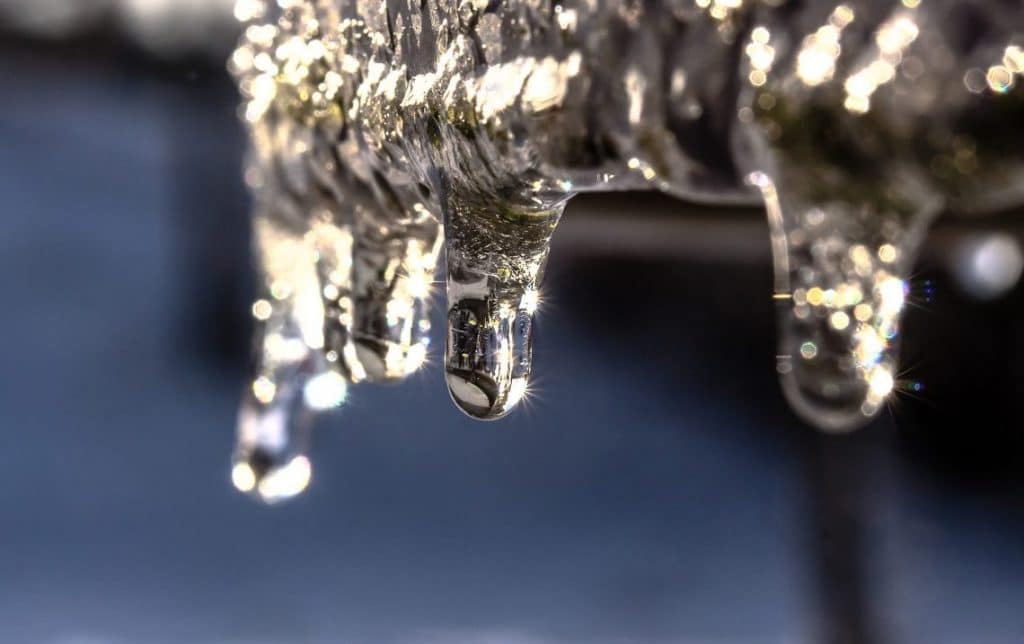The author is making a number of great points related to Preventing and dealing with frozen pipes as a whole in the content which follows.

Cold weather can ruin your pipes, particularly by freezing pipes. Here's exactly how to prevent it from taking place and what to do if it does.
Introduction
As temperatures decline, the danger of frozen pipelines boosts, potentially bring about expensive repairs and water damages. Understanding just how to avoid icy pipes is critical for house owners in cold climates.
Avoidance Tips
Shielding at risk pipes
Wrap pipelines in insulation sleeves or use warm tape to shield them from freezing temperatures. Focus on pipelines in unheated or exterior areas of the home.
Heating strategies
Maintain indoor spaces properly heated up, especially locations with pipes. Open up closet doors to enable warm air to flow around pipelines under sinks.
Exactly how to determine icy pipelines
Try to find decreased water circulation from taps, uncommon smells or noises from pipes, and noticeable frost on revealed pipes.
Long-Term Solutions
Structural modifications
Take into consideration rerouting pipelines away from exterior walls or unheated areas. Add extra insulation to attics, basements, and crawl spaces.
Upgrading insulation
Invest in premium insulation for pipelines, attics, and walls. Proper insulation helps maintain regular temperature levels and lowers the danger of frozen pipes.
Shielding Exterior Pipes
Garden tubes and outside taps
Disconnect and drain pipes yard hose pipes prior to winter season. Mount frost-proof spigots or cover outside taps with insulated caps.
Comprehending Icy Pipelines
What causes pipes to freeze?
Pipelines ice up when exposed to temperatures below 32 ° F (0 ° C) for prolonged durations. As water inside the pipelines ices up, it increases, putting pressure on the pipe wall surfaces and potentially creating them to rupture.
Risks and problems
Frozen pipes can result in supply of water disturbances, building damage, and pricey repair services. Burst pipelines can flooding homes and cause substantial architectural damages.
Indicators of Frozen Piping
Recognizing icy pipelines early can stop them from breaking.
What to Do If Your Pipelines Freeze
Immediate actions to take
If you think frozen pipes, maintain taps available to ease pressure as the ice melts. Make use of a hairdryer or towels taken in hot water to thaw pipelines gradually.
Final thought
Preventing icy pipes requires aggressive steps and fast actions. By understanding the reasons, indications, and safety nets, house owners can protect their pipes throughout cold weather.
Helpful Tips to Prevent Frozen Pipes this Winter
UNDERSTANDING THE BASICS: WHY PIPES FREEZE AND WHY IT’S A PROBLEM
Water freezing inside pipes is common during the winter months, but understanding why pipes freeze, and the potential problems it can cause is crucial in preventing such incidents. This section will delve into the basics of why pipes freeze and the associated problems that may arise.
THE SCIENCE BEHIND FROZEN PIPES
When water reaches freezing temperatures, it undergoes a physical transformation and solidifies into ice. This expansion of water as it freezes is the primary reason pipes can burst. As the water inside the pipe freezes, it expands, creating immense pressure on the walls. If the pressure becomes too great, the pipe can crack or rupture, leading to leaks and water damage.
FACTORS THAT CONTRIBUTE TO PIPE FREEZING
Low Temperatures: Extremely cold weather, especially below freezing, increases the risk of pipes freezing. Uninsulated or Poorly Insulated Pipes: Pipes located in unheated areas, such as basements, crawl spaces, or attics, are more prone to freezing. Insufficient insulation or lack of insulation altogether exacerbates the problem. Exterior Wall Exposure: Pipes running along exterior walls are susceptible to freezing as they encounter colder temperatures outside. Lack of Heating or Temperature Regulation: Inadequate heating or inconsistent temperature control in your home can contribute to frozen pipes. PROBLEMS CAUSED BY FROZEN PIPES
- Pipe Bursting: As mentioned earlier, the expansion of water as it freezes can cause pipes to burst, resulting in significant water damage.
- Water Damage: When pipes burst, it can lead to flooding and water damage to your property, including walls, ceilings, flooring, and personal belongings.
- Structural Damage: Prolonged exposure to water from burst pipes can compromise the structural integrity of your home, leading to costly repairs.
- Mold and Mildew Growth: Excess moisture from water damage can create a favorable environment for mold and mildew growth, posing health risks to occupants.
- Disrupted Water Supply: Frozen pipes can also result in a complete or partial loss of water supply until the issue is resolved.
WHY CERTAIN PIPES ARE MORE PRONE TO FREEZING
- Location: Pipes located in unheated or poorly insulated areas, such as basements, crawl spaces, attics, or exterior walls, are at higher risk of freezing.
- Exterior Pipes: Outdoor pipes, such as those used for irrigation or exposed plumbing, are particularly vulnerable to freezing as they are directly exposed to the elements.
- Supply Lines: Pipes that carry water from the main water supply into your home, including the main water line, are critical to protect as freezing in these lines can affect your entire plumbing system.
- Underground Pipes: Pipes buried underground, such as those connected to sprinkler systems or outdoor faucets, can be susceptible to freezing if not properly insulated.
https://busybusy.com/blog/helpful-tips-to-prevent-frozen-pipes-this-winter/

As a passionate person who reads about Winter Plumbing Precautions: Preventing Frozen Pipes, I thought sharing that excerpt was a smart idea. Those who enjoyed our blog posting if you please consider to share it. We enjoy reading our article about How to Prevent Your Pipes From Freezing.
Call Today